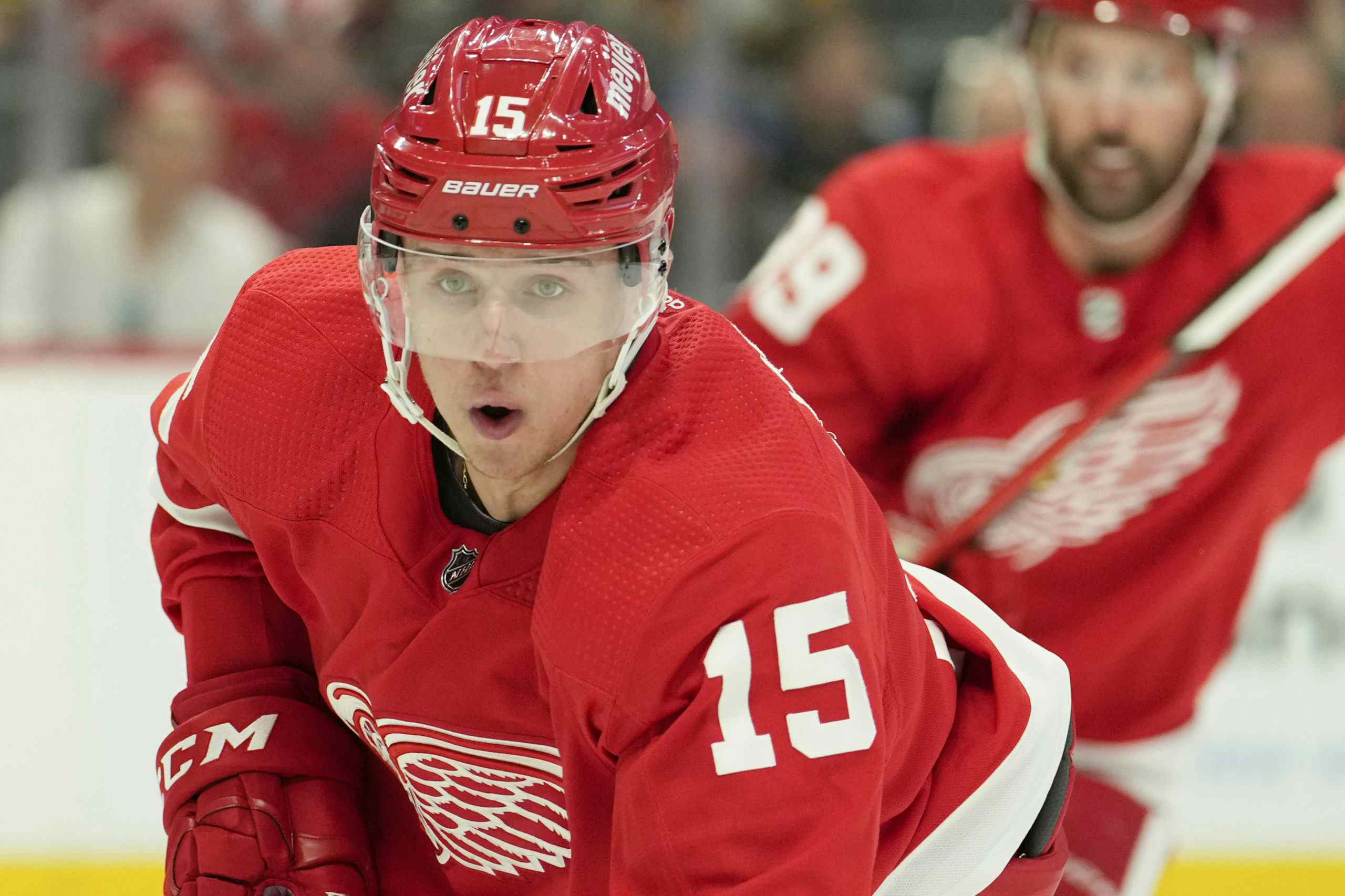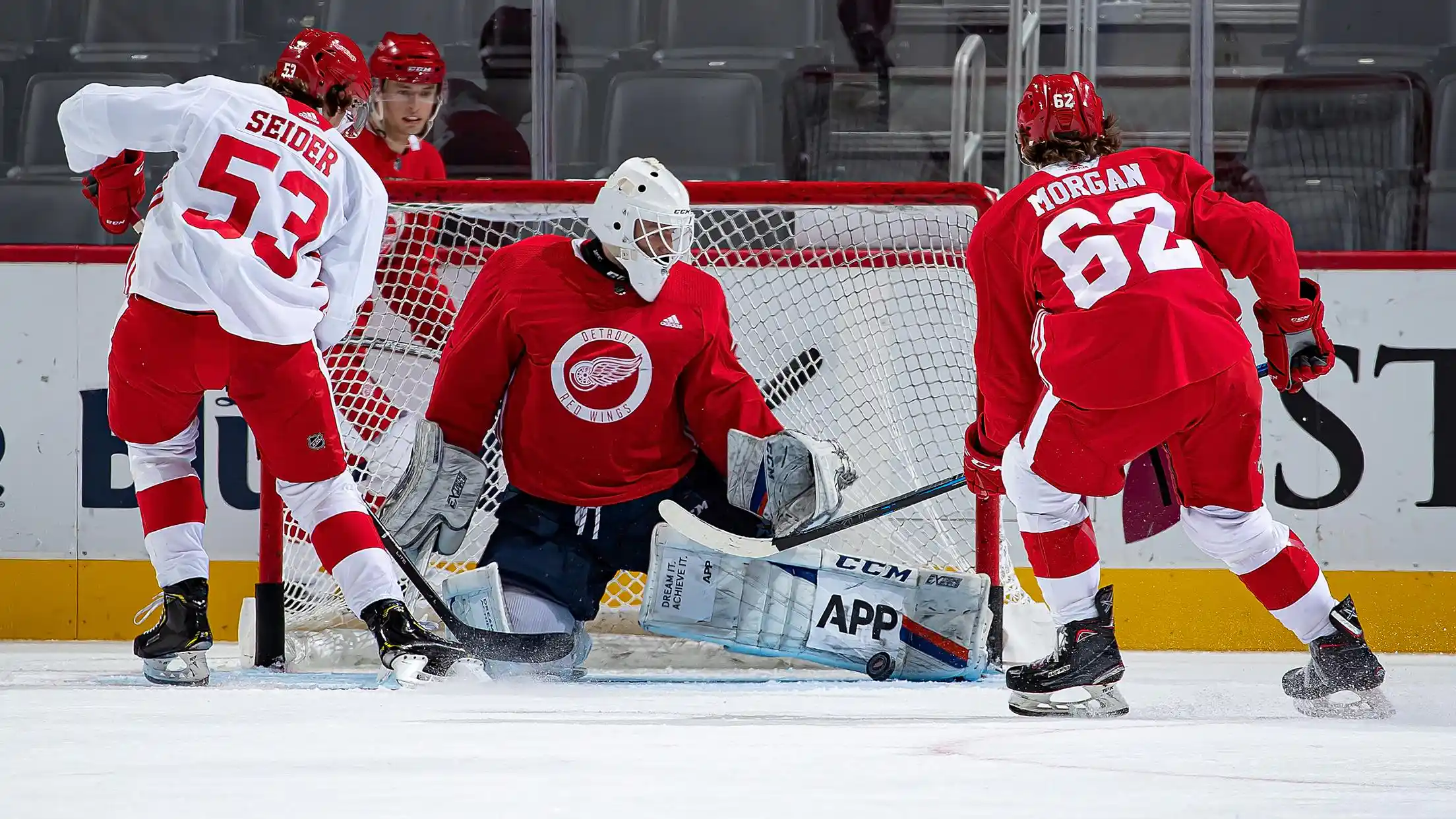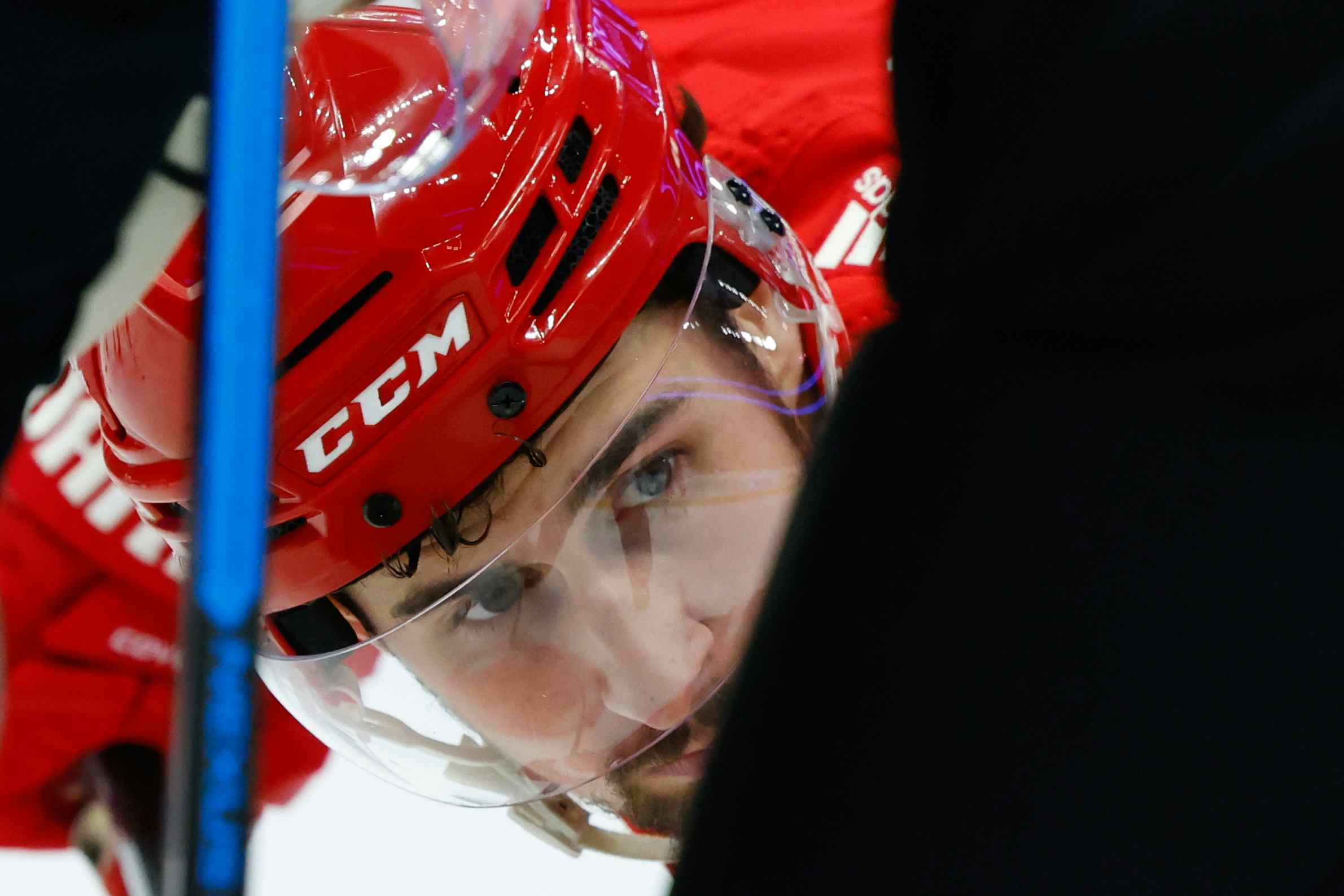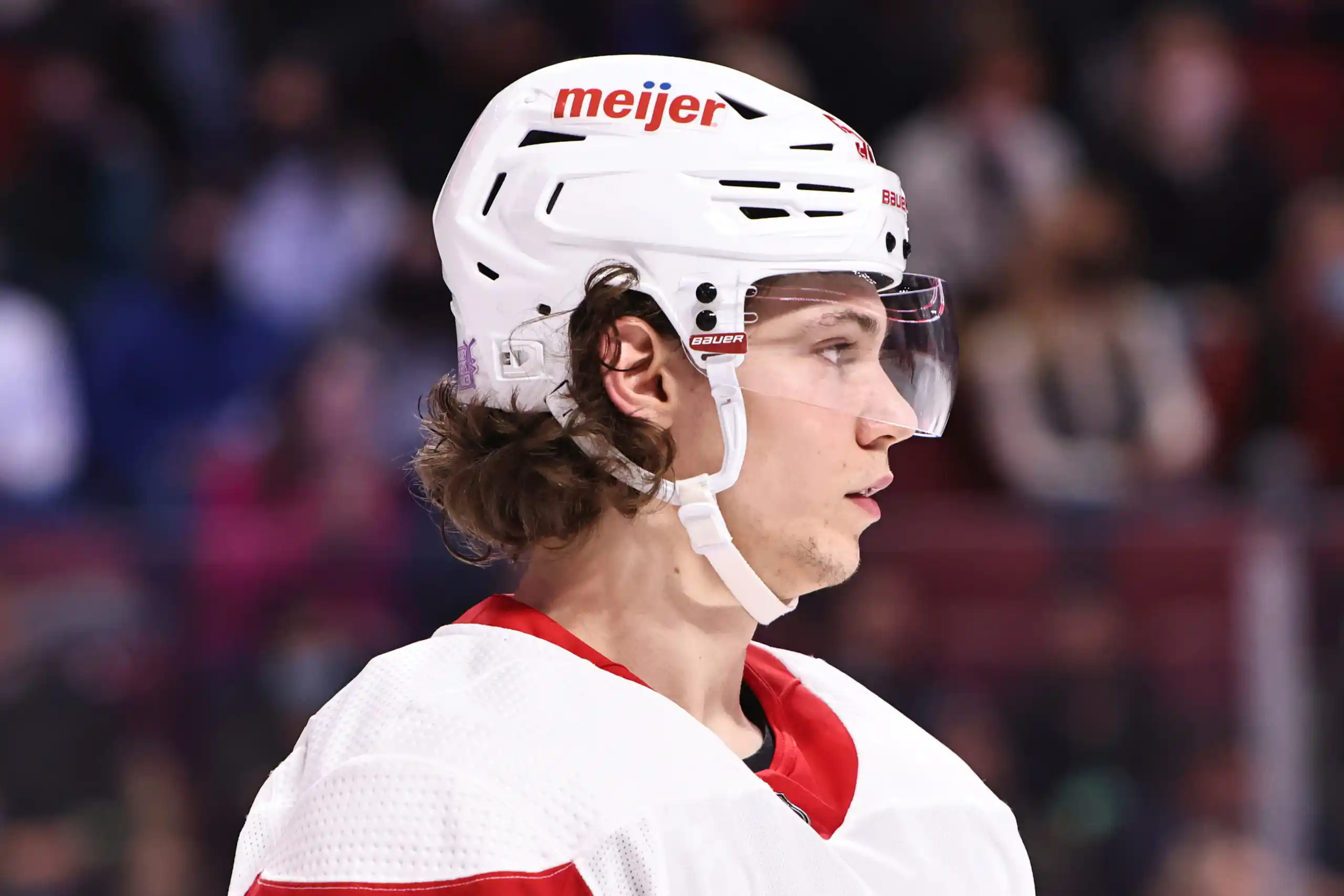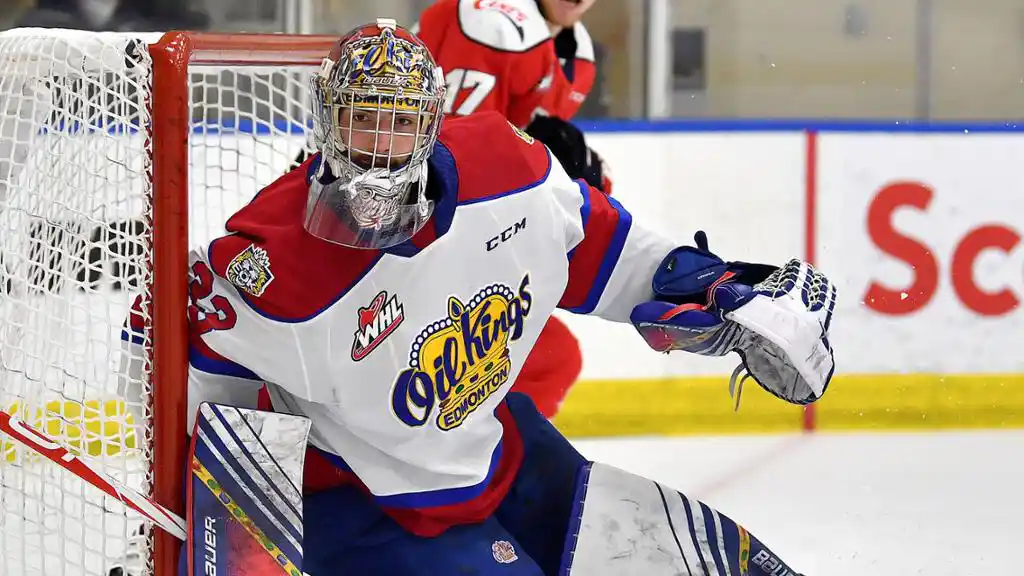Weaker 2019 NHL Draft Class Proves Ken Holland Has A Point
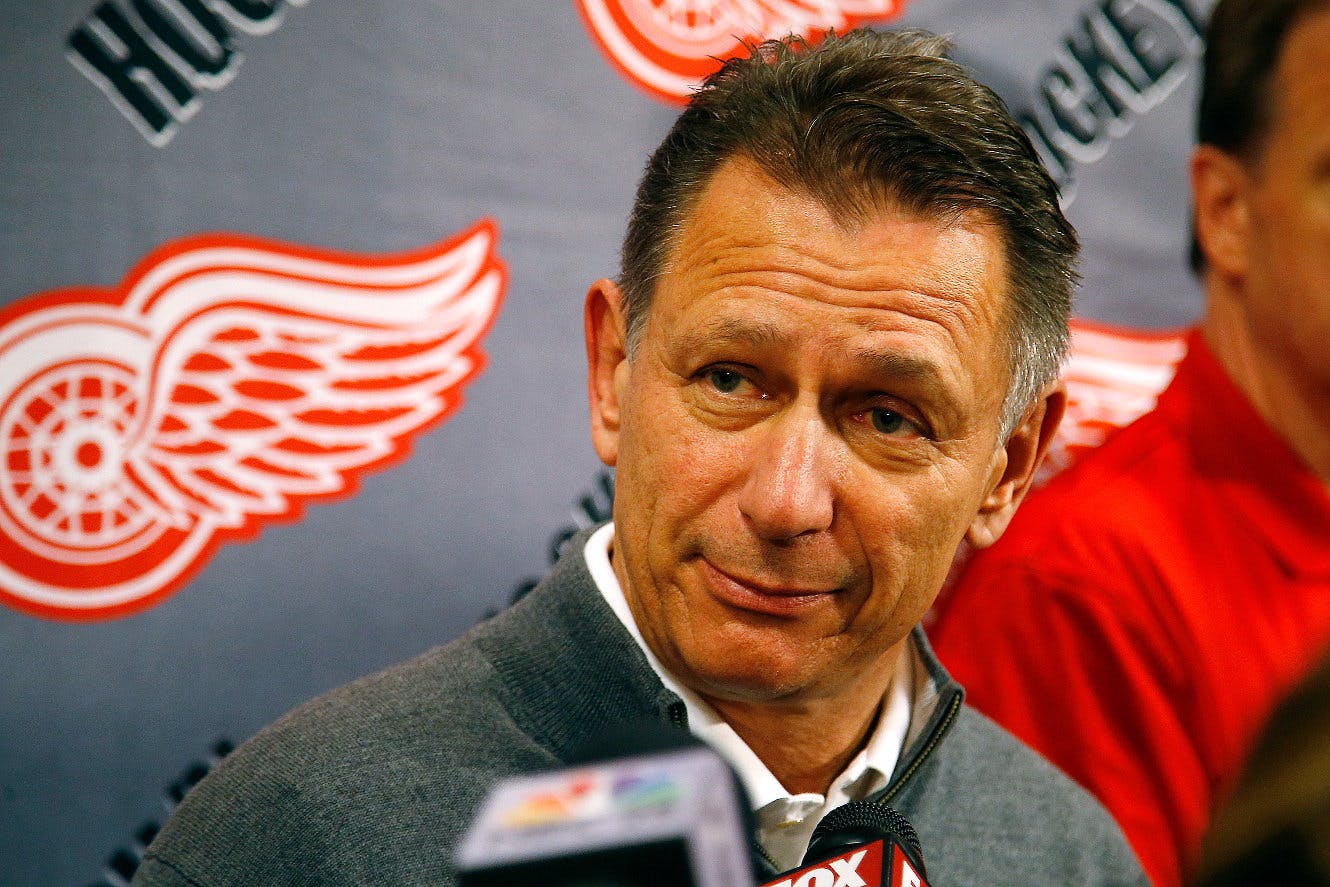
Ken Holland isn’t a popular man around these parts, and to some degree, I understand why. In general, fans in the anti-Holland camp seem frustrated by the veteran general manager’s perceived reluctance to shift with the times.

In a day and age when drafting and development—not spending sprees during free agency—leads to success, the Detroit Red Wings have seemingly lagged behind. Failing to trailblaze is difficult on a loyal fan base that witnessed the rise of Hockeytown during the 1990s, in part due to the organization’s willingness to push boundaries and challenge established mindsets.
It’s all the rage now, but the Red Wings wanted to play fast, possession-based hockey while the dead-puck era was evolving and peaking as the 90s gave way to the new millennium.
So why, legions of supporters ask on social media every day, can’t Holland and Co get with the times now? Why do they continue to try and keep the Red Wings on the playoff bubble when there’s virtually no chance they’ll land a player like Connor McDavid or Auston Matthews that way?
Why won’t Holland allow Detroit to tank in the name of high draft picks and hopes of landing a generational talent?
He addressed that in April of 2017, saying the following, according to Shawn Windsor of the Detroit Free Press: “What if you tank, and it doesn’t work?”
He continued: “They want to see us in the playoffs. For those people that believe tanking … there are no guarantees.”
Go back and read Windsor’s well-reasoned column for a refresher on just how well those comments went over. They left Wings Nation in an uproar, and many wondered whether or not Holland could get out of his own way as Detroit scrambled to remain relevant. Hindsight is an interesting thing, though, and with a few weeks left before training camp opens, I’ve caught myself wondering about how he may have been right.
Holland would never name names when discussing the perils of tanking, but one only needs to examine the bottom of the NHL standings to be reminded of the danger. Last year, the Buffalo Sabres finished last in the league standings. The Arizona Coyotes finished 29th. The Edmonton Oilers failed to make the postseason for the 11th time in 12 seasons.
The Vancouver Canucks haven’t won a playoff series since 2011.
Fans of these teams will have plenty of “yeah, buts” to add to the conversation, and they may even be right. But the fact remains that being bad doesn’t always lead to being good. In fact, it can erode a team’s culture to the point where players need to be moved out of town for a fresh start mere seasons after they were brought in to be a part of the solution.
(Yes, I’m talking about Ryan O’Reilly and the Sabres.)
And the more I reflect on the importance of culture (not the capital “C” culture that drives general managers like Marc Bergevin and Peter Chiarelli to make bona fide awful trades, but basic workplace culture), the 2018 draft and the upcoming 2019 edition of the draft, the more I think Holland may have actually hit the nail on the head with his comments about rebuilding.
Let’s talk about some hypotheticals for a moment.
What if Holland had buckled to the pressure of the Red Wings’ fan base once the idea of a rebuild became popular? What if he had traded away everything that wasn’t nailed down and moved out talent for pennies on the dollar. What if he had stripped almost all veterans out of the system, handed the reins to the kids and said: “hey, you can figure it out from here!”
We can guess that the results wouldn’t be pretty. Not that they were pretty in 2017-18, but the hockey, believe it or not, would have been more unwatchable. What would have happened, then, if the lotto balls didn’t fall Detroit’s way and they were still left to select with the third- or fourth overall pick?
That may sound just fine and dandy, but various high-end analysts have delved into the actual value of draft picks. Scott Cullen of TSN.ca found the following while writing on this subject last year:
“As early as No. 6, there’s at least a one-in-three chance of a drafted player being no more than a fourth-liner or fringe NHLer. By the last picks of the first round (28-30), it’s at least a three-in-four chance that the pick will be a fourth-liner or fringe player.”
The variance in value between the first-overall selection and No. 6, then, is typically pretty massive.
You can’t blame Holland for not wanting to flush multiple 82-game seasons down the toilet for a chance to land someone like McDavid. And even if a generational talent like that landed in Detroit, he wouldn’t magically elevate the Red Wings to Stanley Cup contender. After all, Edmonton has failed to make the playoffs in two out of McDavid’s three seasons in the league.
The Red Wings are going to try to preserve a competitive culture internally, even if they can’t go out on the ice and be world beaters every night. Their chances of making the playoffs aren’t great based on projections, but they are just good enough to keep 2018-19 interesting for at least a little while.
And if Holland had decided to tank this year, odds would be stacked against him getting the kind of talent that he badly needs for the Red Wings to take that next step forward.
Whoever lands Jack Hughes is getting a stud, but the drop off after him seems pretty significant so far. More importantly, no game-changing defensemen have emerged at this juncture. To continue our string of “what ifs” from earlier: what if Holland had traded away all of his talents, signed no one in free agency and all he had to show for it was a borderline top-four defender?
No matter what your ideology is, that’s an unacceptable outcome.
Holland has given out numerous loyalty-based contracts over the last few seasons, and Detroit is in cap hell for a reason. There are some bones to pick with the GM to be sure, but berating him for wanting to remain at least somewhat competitive when signs point to that being the way to go seems short-sighted.
The Red Wings are going about the rebuild the right way. Prospect guru Corey Pronman of The Athletic recently ranked their farm system seventh in the league; up from 24 a year ago. The teardown hasn’t been as spectacular as some fans seem to want, but you can’t possibly look at organizations like the Ottawa Senators with a tinge of envy.
Recent articles from FranklinSteele

